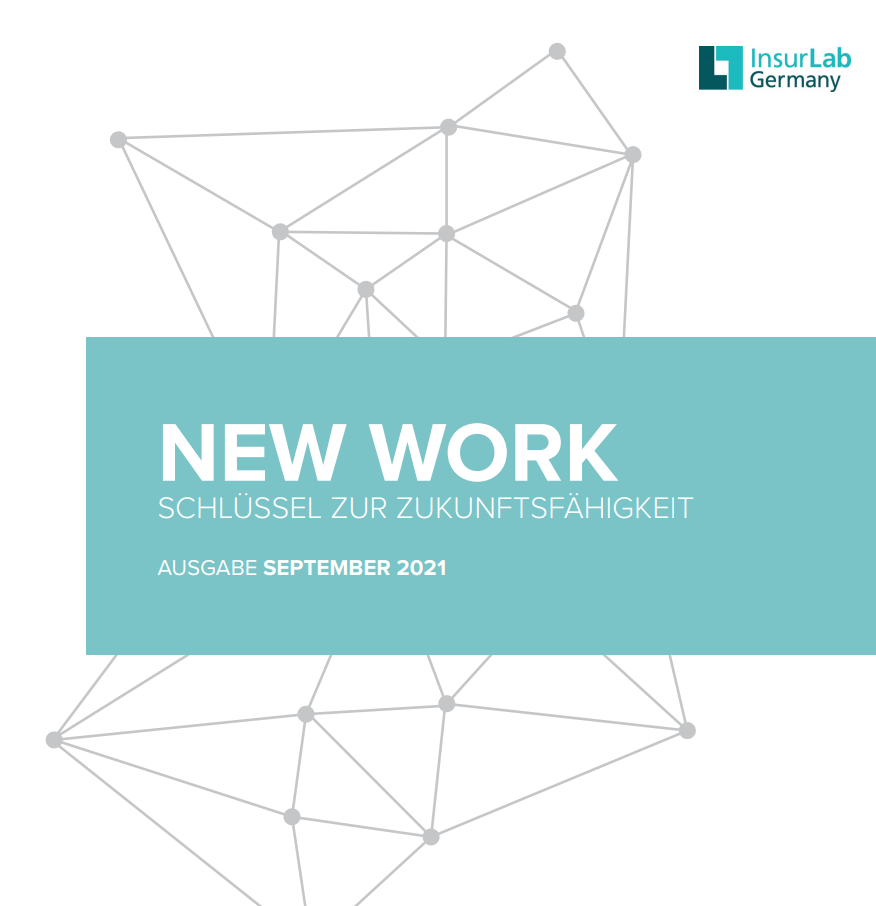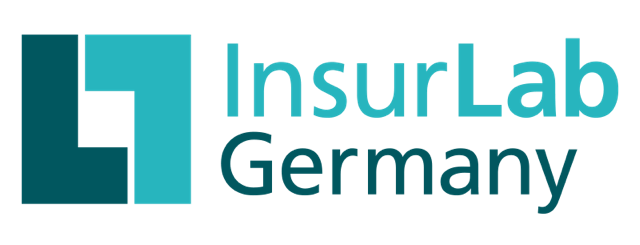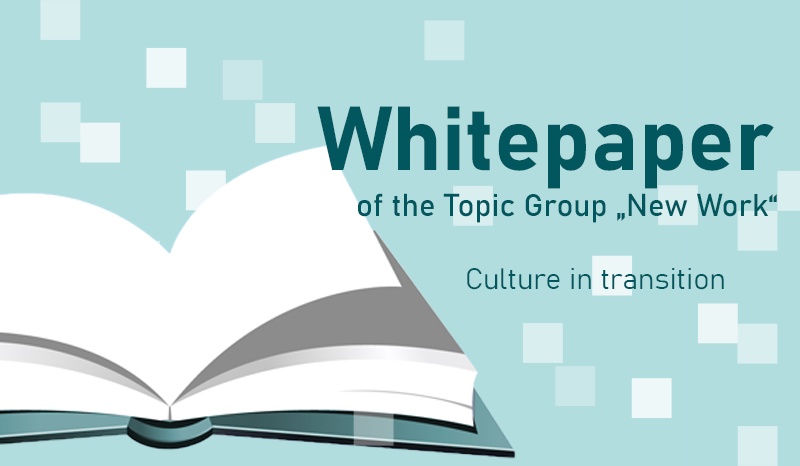From the point of view of business administration, strategic planning is still regarded as the supreme discipline, since it serves to equip every company with a north star that guides the entire organization through its operations. How does an organization behave towards its environment? What individual focus differentiates it from competitors, and what resource allocations produce competitive advantages? To all these questions, strategy classically provides an answer for the duration of five to ten years - but how does this approach still fit into a world that has been defined for some time now by VUCA (Volatility, Uncertainty, Complexity, Ambiguity)?
An adaptation of strategy planning in terms of content as well as process seems to be necessary in order to keep pace with the rapid speed of the changing environment and its consequences. Continuous change has become a constant part of corporate reality; thus, an adaptable strategy is also required to enable resilient corporate management. How can this change of course succeed? Through methods already used in innovation management: swarm intelligence and adaptation loops. The former ensures that more perspectives - and thus opportunities and risks - are taken into account in the strategy process and that the challenges of the corporate environment can be better answered. The latter creates room for short-term adjustments that may arise from unforeseen events such as the Corona pandemic. This approach, borrowed from the agile understanding of values, requires adapted leadership behavior that gives the workforce room to contribute to the definition of the company's meaning, or Purpose. Managers transform from controllers to transformational facilitatorswho, through their work, enable the people entrusted to them and, as a consequence, the entire company to achieve targeted change.
Putting cultural change at the heart of business strategy, pays - taking into account the aforementioned perspectives - to the following objectives. 4,5:
- If the culture is freed from yesterday's rigid corset and is allowed a certain fluidity, the outflow of resources for overhead processes can be reduced. Encouraging and allowing self-organization relieves managers and creates space for working on future issues. Employees can experience their own effectiveness more directly on the basis of adjusted key figures (e.g., to promote interaction and decision-making processes), which can increase satisfaction.
- Making work and corporate culture more flexible can have a positive impact on the skillset of the workforce. Location-independent activities can attract employees who would not have applied under traditional conditions. At the same time, the risk of talent flight must be taken into account: If the flexibilization is only lip service and the value-based adaptation of the corporate culture fails to materialize, it must be assumed that retention will be more difficult.
- Recruitment of diverse professionals and managers whose career paths enrich the organization's knowledge is simplified. The gain in diversity can pay into issues such as increasing innovation and productivity. To increase effectiveness, new career paths are needed that allow for "expert leadership roles" and creative reward systems far from the traditional pay scale groups.
- With appropriate framework conditions, such as preset "meeting-free" periods in the calendar, "blended working" can have a positive impact on employees' health. By making it more flexible, break or sports units can be chosen more individually so that they are more conducive to the individual and subsequently to the resilience of the company.
Resilience is at the heart of the impact of culture as a driver of business strategy. Organizational structures that can react faster, more effectively and more efficiently to an increasingly complex and volatile environment create security in the sense of classic corporate goals. For today's strategy planners, the task has not changed, but the path to the goal requires urgent adjustment.
Sources:
4 Sinek, S. (2021): The FUTURE of Remote Work, https://youtu.be/sK263xjkaFY
5 Sinek, S. (2021): How to Make a Cultural Transformation, https://youtu.be/N9d0NqSztWA

This article is an excerpt from the white paper "New Work: Key to future viability", which was prepared by our topic group of the same name as part of the topic "Digital transformation >New Work<". Download now!

Nadine Ibel
advises the Provinzial Group on innovation and transformation. In this role, she works with internal communities to bring "new ways of work" to life as the driving force behind an appreciative innovation and corporate culture. From her previous positions at Sparkassen Finanzgruppe and FUNKE Mediengruppe, she can draw on experience in dealing with disruptive business model changes. The theoretical basis of the New Work Expert is formed by certifications as a Scrum Master and Innovation Facilitator as well as a specialized Master of Science in Digital Innovation & Business Transformation.

Jaqueline Leist
started in customer service at INTER, was then in project management for the customer app and customer portal, and is now in project management for New Work at INTER.

